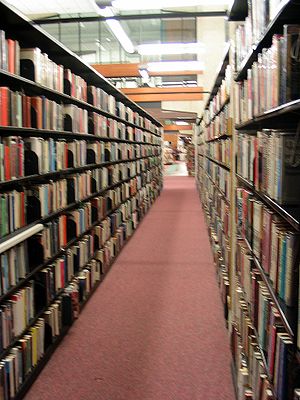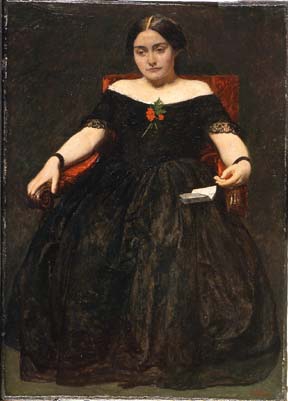UPDATE: See my long, and related, comment at this post. (As in: It's in the COMMENTS, not the blog entry itself.)
I rarely write about the publishing side of my life; frankly, it’s not that interesting and it’s more insider baseball than anything else and how boring is that for those who aren’t on the inside? (Bohhhh-rriiiiing.)
So indulge me. Just this once. (I’m a historian and a writer and am living through a once-in-a-millennium paradigm shift. What’s not to love??)
For those of you who don’t work in “publishing,” a bit of background: The industry consists of publishing houses, both big and small; literary agents; and writers (aka the Big Mob At the Bottom of the Totem Pole).

Until recently (like, oh, coupla years ago), writers wrote, then tried to find an agent who then sold the writer’s work to a publishing house. The agent takes a percentage of the author’s royalties, and everyone involved hoped for the best (meaning: hoped readers would want to buy the book the writer had written. Most of the time, they did not.)
“Self-publishing” --- when a writer acted as her own publishing house --- was looked on as the resort of hacks, the untalented, the losers.
No more. Now anyone can write a manuscript, create a digital version of it, upload it to Amazon or wherever, and wait for readers and their wallets to come running.
For authors, the advantages are obvious: There’s no time lag between finishing a manuscript and “publishing” it. (In contrast, assuming all goes well, my meat book will come out in about ten or eleven months.) There’s no agent to take a chunk of the profits. The writer becomes a one-woman publishing industry.
For many writers, this has become the road to riches. Authors who never earned anything on books published the old-fashioned way swear that, thanks to self-publishing, they’re raking in the dough.
The self-publishing king- and queenpins are relentless in their mockery of those of us who cling to agents and publishing houses. According to them, we traditionalists are losers of the first order. We’re world-class fools for letting agents take our money, and dumbasses for letting editors and publishing companies call the shots on our behalf.
The self-pubbers canNOT wait for the day when the entire traditional publishing complex falls into a huge hole in the ground. The self-pubbers have the funeral all planned. (If the self-pubbers spent as much time writing as they do gloating over the slow death of publishing, they could easily crank out another book or two each year.)
Okay. Fine.

But I’ve noticed: The new self-publishing king/queenpins are almost entirely novelists, meaning they write fiction rather than non-fiction. (*1)
They crank out a novel or two (or three) a YEAR. I’m sure that many of them have to do research for their books, but for MOST fiction writers (not all of them), that research is minimal and is the kind of thing that can be taken care of with good googling or a trip or two to the public library.
As a result, they don’t understand that for people like me, the “traditional” publishing industry is my only lifeline, my only means of support.
Consider: I started working on the meat book in early 2007. I finished it in early 2012. You do the math.
I spent five years researching and writing the beer book, and of that, a great deal of money and time was spent on traveling to specialized libraries. The Key West book took me two years to research and write.
How did I pay for that? By entering into a partnership with a traditional publishing house that provided financial support.
It works like this: My agent sells my book IDEA to a publishing house. The house pays an “advance”: a sum of money upfront that I can live on while I research and write the book. It’s not much money --- in fact it’s an embarrassing amount of money and I also am fortunate enough to receive financial support from my spouse.
Without that assistance, I couldn’t do what I do. Period. Again, it’s not much money, and it’s the ONLY money I earn from my books. (If I were lucky enough to write a bang ‘em up bestseller, I’d earn more than the advance, but I’m not that lucky. Er, um, not that talented a writer.)
The self-publishers, in my opinion, have a distorted view of “books” and of “publishing.” In their minds, every writer is cranking out novels that don’t require much time to research and write, and the lag time between creation and payoff is short.
So I ask them: What happens when the agents, editors, and publishing houses go away? Who will write non-fiction then?

And yes, sigh, all this ruminating led to that single simple question. I TOLD you I was long-winded.
UPDATE/OTHER LINKS: For more on non-fiction in this brave new world of books, see this post by Sarah Weinman, a long-time industry insider, and this article in the Wall Street Journal. (The latter link may evaporate.) And another update: This take from a writer who's been on both sides.
___________________________
*1: I say “almost entirely” because among the self-pubbers are a small but vocal group of non-fiction writers who, having earned beaucoup bucks from their work, are now Famous and Rich and can afford to dump their publishers and agents and publish their own work.












